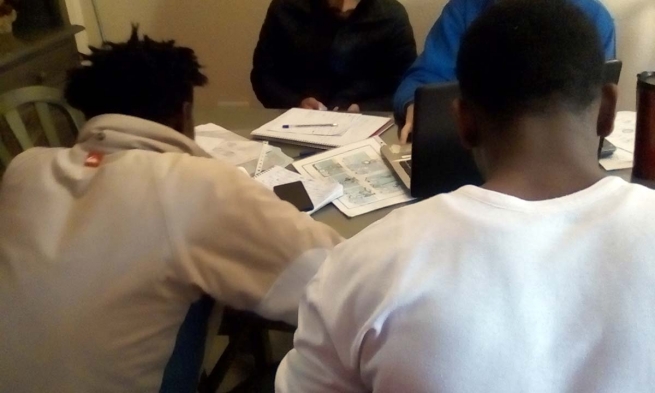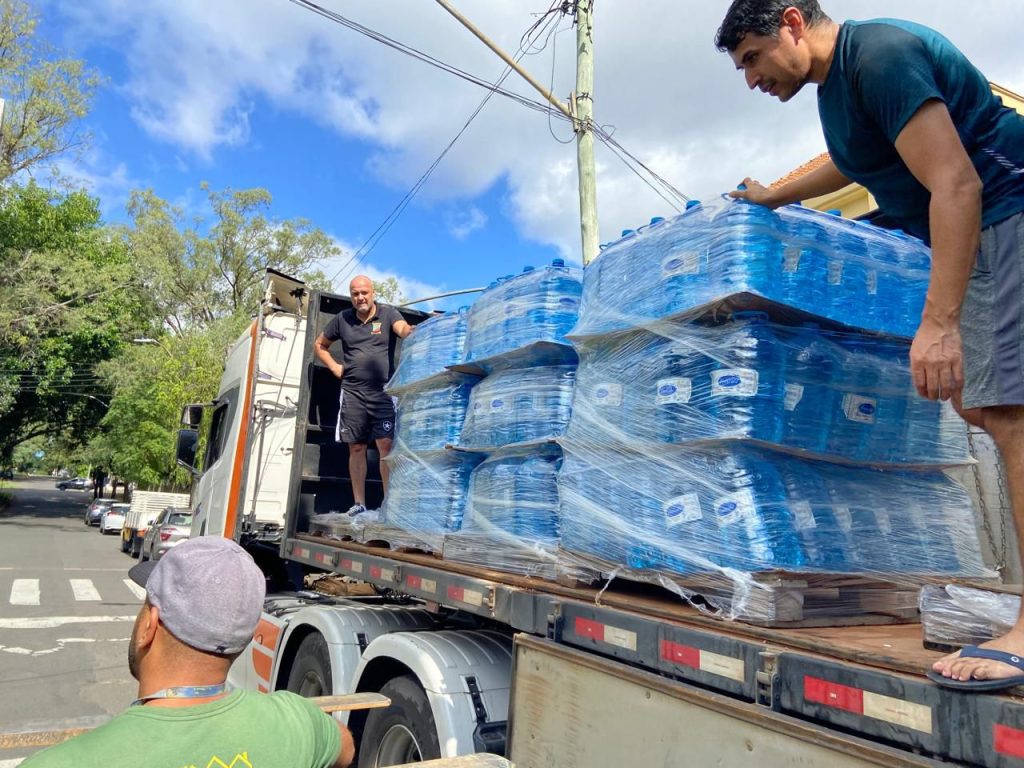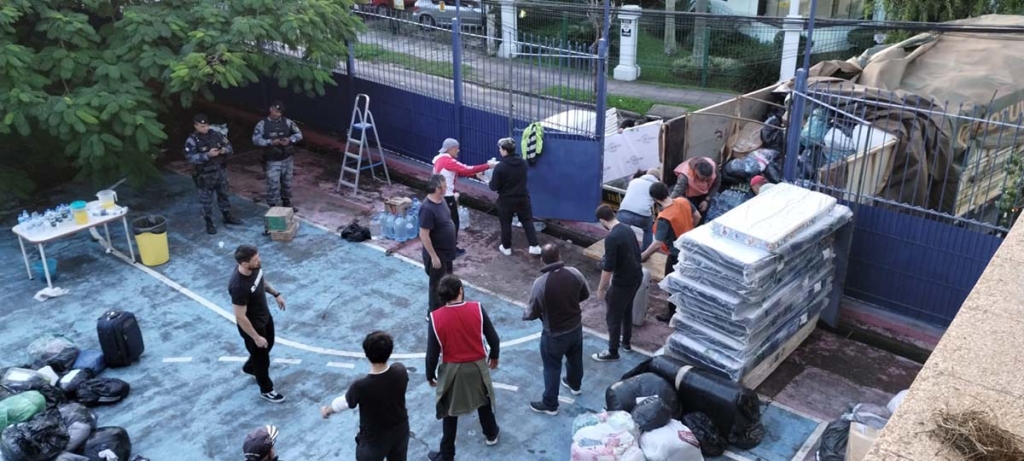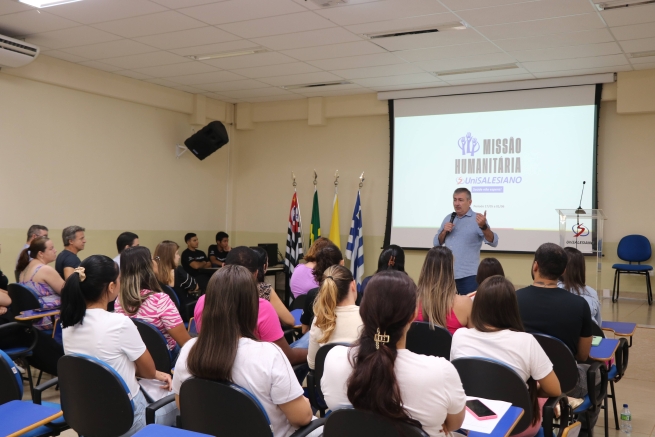BRAZIL: Casa Don Bosco provides 200 youth sports, arts and cultural programs each day

(MissionNewswire) Since 1989, Salesian missionaries have operated Casa Don Bosco, which serves the most disadvantaged youth in the district of Taquaral Bosque in Campo Grande, Brazil. These youth live in situations of vulnerability and are socially at risk. The Salesian program is a social center that offers socioeducational and human development services for children and adolescents aged 6 to 15. During the day, youth receive food and are offered sports and arts programs and cultural workshops.
The program initially started as a shelter for homeless children and older youth. Later the program was moved to a plot of land, donated by public authorities, in the neighborhood of Bosque Taquaral. Today, Casa Don Bosco serves nearly 200 children and older youth every day.
Casa Don Bosco is one of several programs across Brazil dedicated to providing services to homeless and at-risk youth. Salesian missionaries have a long history of providing youth programs in the country. At the Salesian Youth Center in the town of Niterói, near Rio de Janeiro, Salesian missionaries launched their third socio-sports program in the country. The programs are made possible through a collaboration between the Salesian Missions office in Madrid and the Real Madrid Foundation.
The program’s motto is “They play, we educate” and participants receive nutritional, family and psychological support, regular health checkups and the opportunity to participate in social and educational workshops in activities such as gymnastics, crafts, reading and citizenship. Training sessions on topics such as health, hygiene, values and the prevention of alcohol, tobacco and drug abuse will also be provided.
“Sports programs teach youth both on and off the field,” says Father Mark Hyde, director of Salesian Missions, the U.S. development arm of the Salesians of Don Bosco. “Learning and playing team sports encourage leadership skills as well as teach youth to work as part of a team. Students also learn important social skills and have opportunities for growth and maturity.”
Brazil has one of the strongest economies in Latin America and is an important agricultural and industrial power in the region. Just over 15 percent of Brazilians live in poverty, with the majority living in the rural northeast of the country, according to the World Bank. While Brazil is making positive changes, there are still large gaps between the poor and the rich. Issues of income inequality and social exclusion remain at the root of those in poverty.
Inequalities also exist in access to education and educational efficiency. These inequalities are greatest for children and youth who are poor, live in rural areas or who have an incomplete compulsory education. Salesians working with poor youth and their families in Brazil develop programs and provide youth opportunities for furthering their education and skills.
###
Sources:
ANS – Brazil – “Don Bosco House” among the poor and at the service of the most needy
World Bank – Brazil




